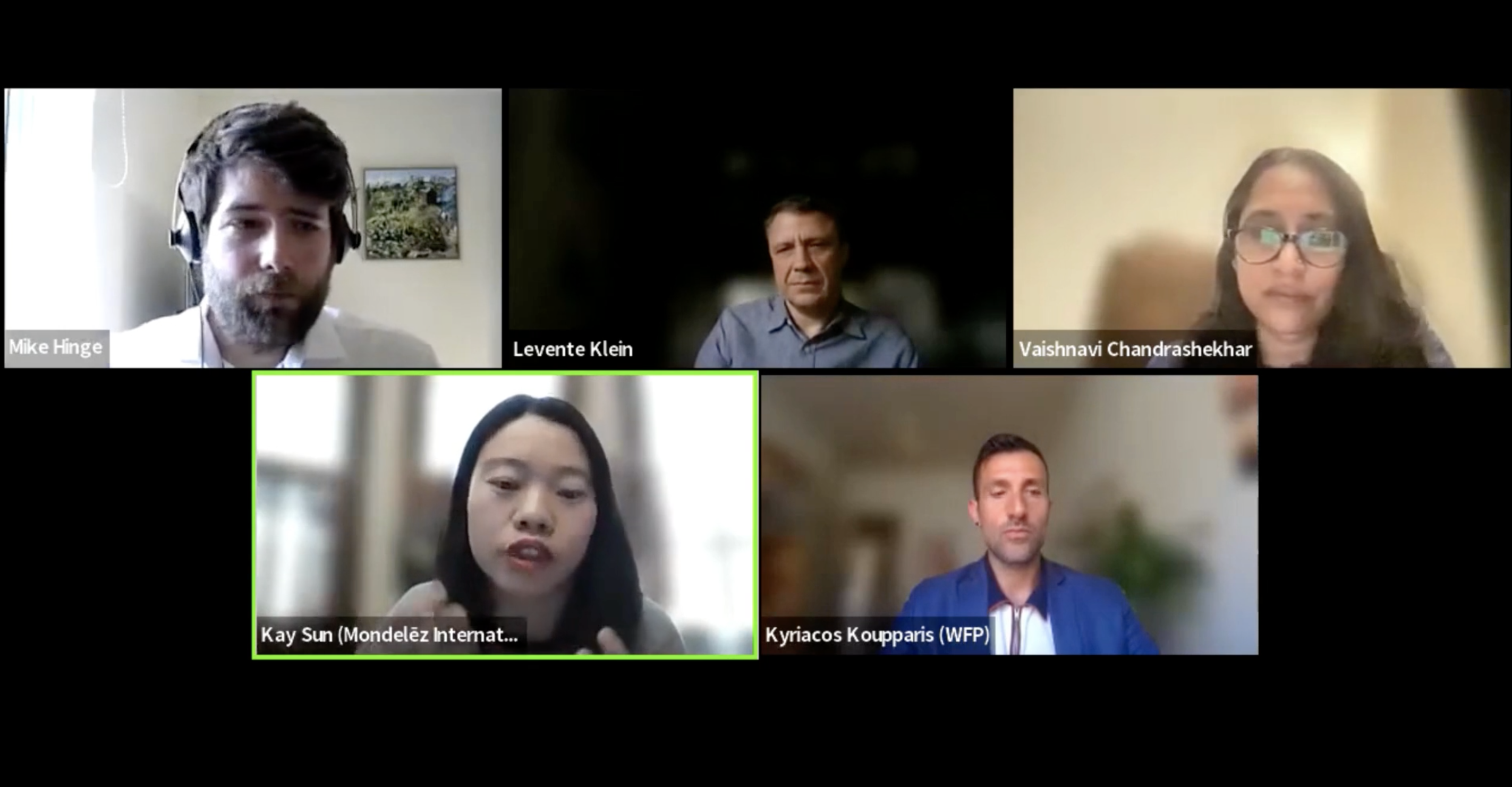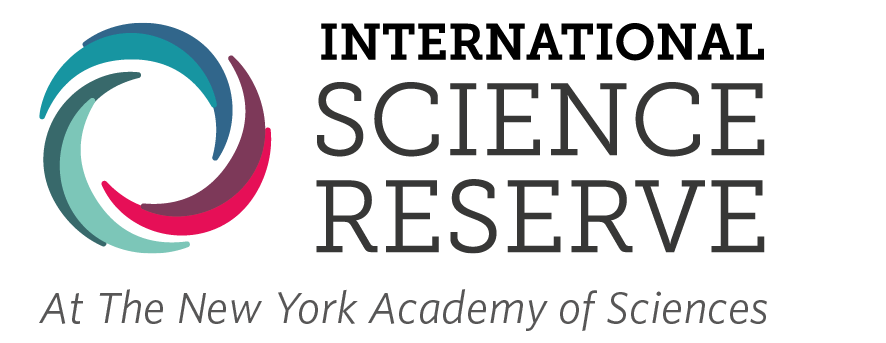From Data to Action in Response to Food System Shocks
Date: April 25, 2023 Location: Online Event

The world has enough food to feed everyone, yet the World Food Programme estimates that 345 million people around the world remain acutely food insecure in 2023.
Potentially further escalating this inequity, climate shocks are increasing the risks to agricultural yields. Heavy rainfall, droughts, and heatwaves can cause crop failures; climate and environmental pressures can decimate insect populations and microorganisms vital to plants and soil, or let new crop pests or diseases emerge. Combined with a globalized distribution system and geopolitics, food system disasters are a compound problem. To plan for or reduce the impact of these catastrophes, a variety of datasets, modeling, and analytical tools will be key, including observational data, remote sensing, geospatial mapping, and satellite imagery. Data scientists and analysts across disciplinary and geographic boundaries play a vital role.
This panel recording is part of the International Science Reserve’s webinar series, Science Unusual: R&D for Global Crisis Response.
- Michael Hinge, Senior Economist, ALLFED (Alliance to Feed the Earth in Disasters)
- Levente Klein, Research Staff Member, IBM
- Kyriacos M. Koupparis, Head, Hunger Monitoring Unit, United Nations World Food Programme
- Kay Sun, Senior Scientist, Mondelez International
- Vaishnavi Chandrashekhar, Climate and Environmental Journalist, panel moderator


